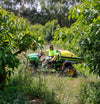Application Examples
This Trial Gallery depicts representative photos of spray demonstrations conducted with FireHawk Bioherbicide. Please follow the application instructions when using Firehawk Bioherbicide Concentrate”
Park in Melbourne
Background
Solution
Results
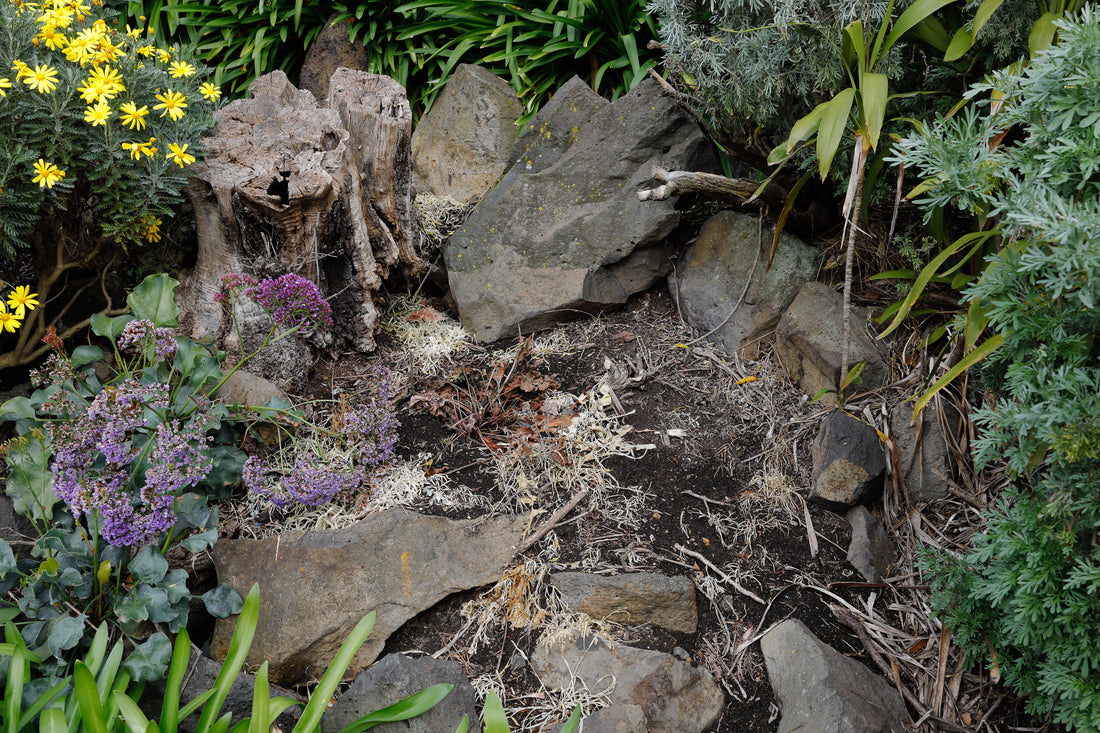
Before
After
Background
Solution
Results
Boston/USA
Background
Solution
Results
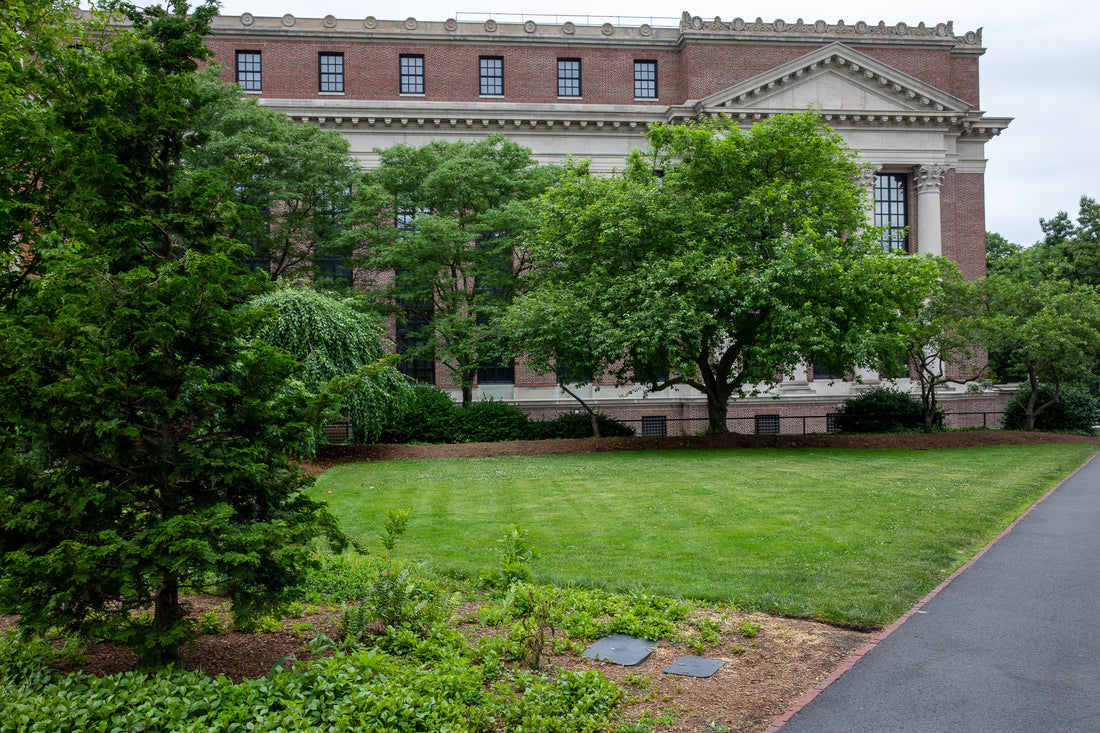
Before
After
Background
Solution
Results
Australian Hobby Farms
Background
Solution
Results

Before
After
Background
Solution
Results
Orchards In Australia
Background
Solution
Results
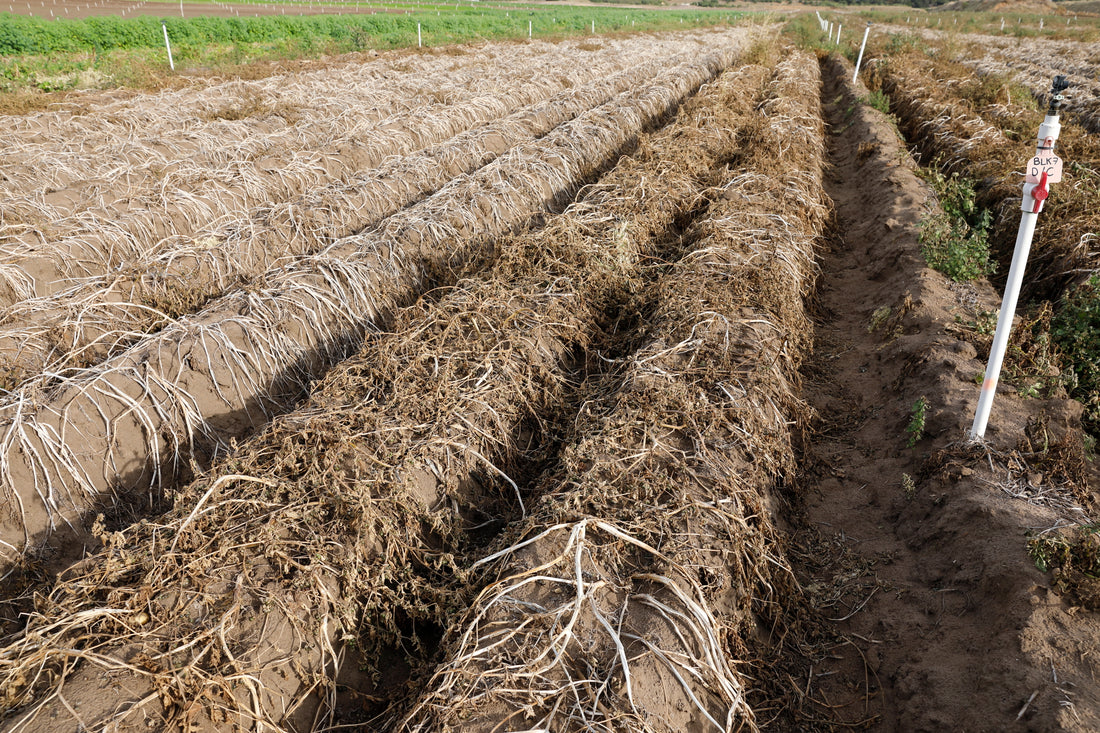
Before
After
Background
Solution
Results
Vineyards in Australia
Background
Solution
Results

Before
After
Background
Solution
Results
Potato fields in Australia
Background
Solution
Results
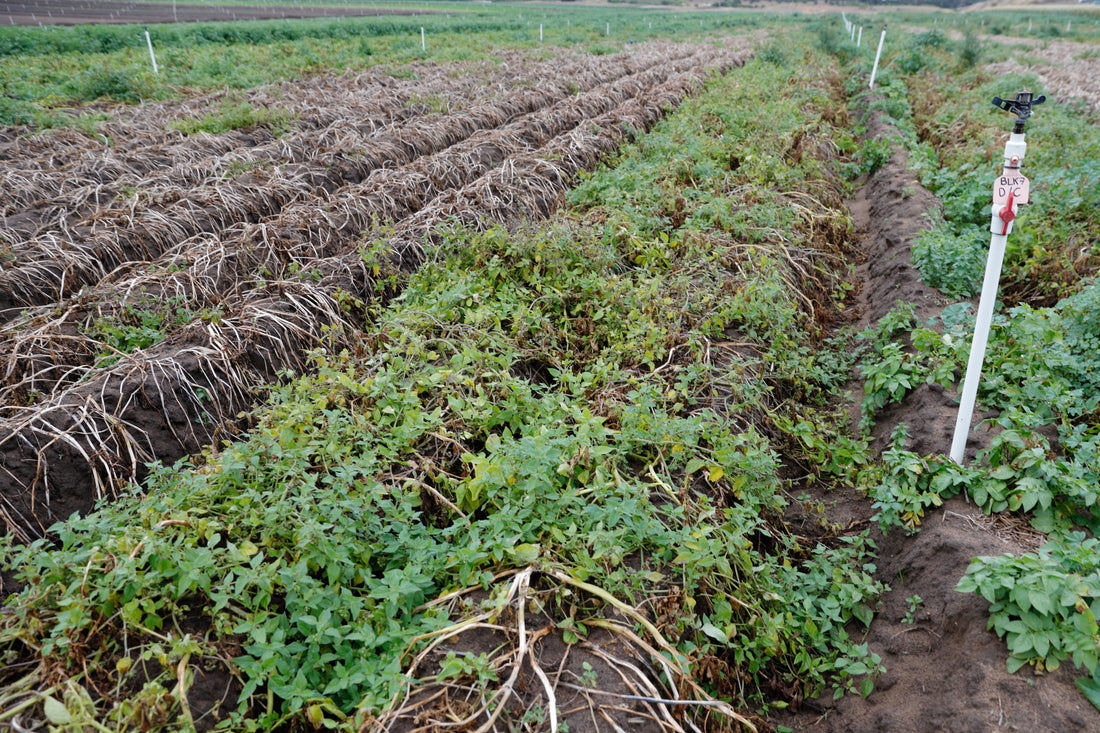
Before
After
Background
Solution
Results
Background
Solution
Results
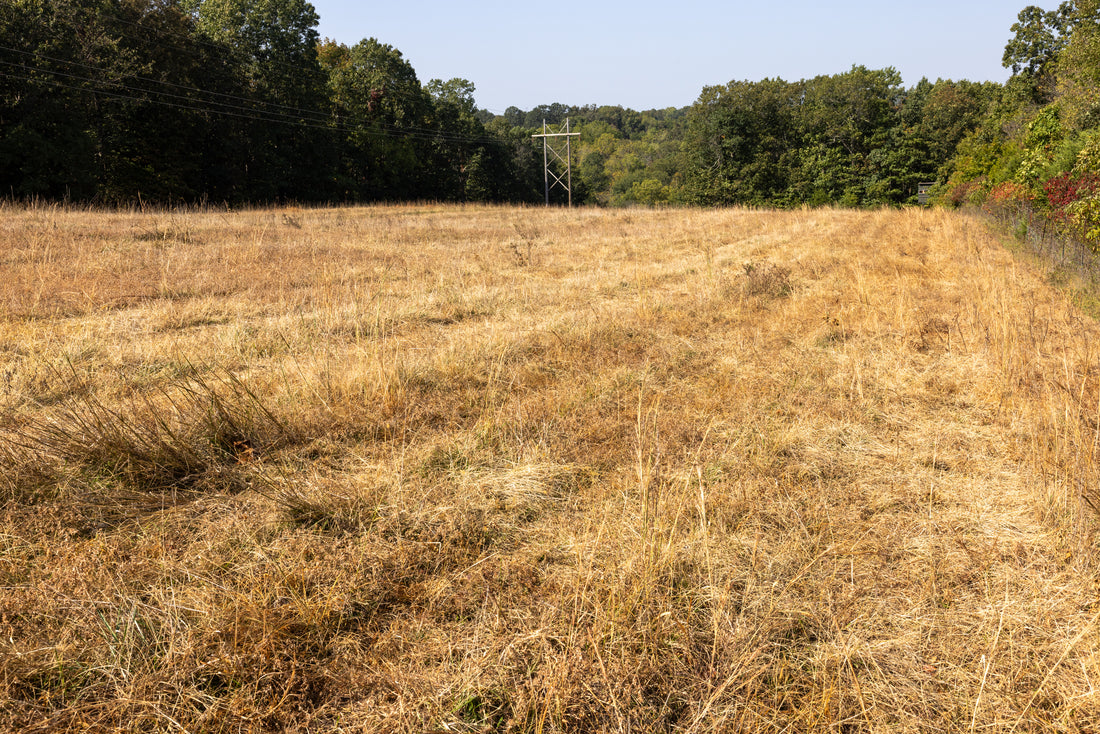
Before
After
Background
Solution
Results
Invasive Weeds In Australia
Background
Solution
Results
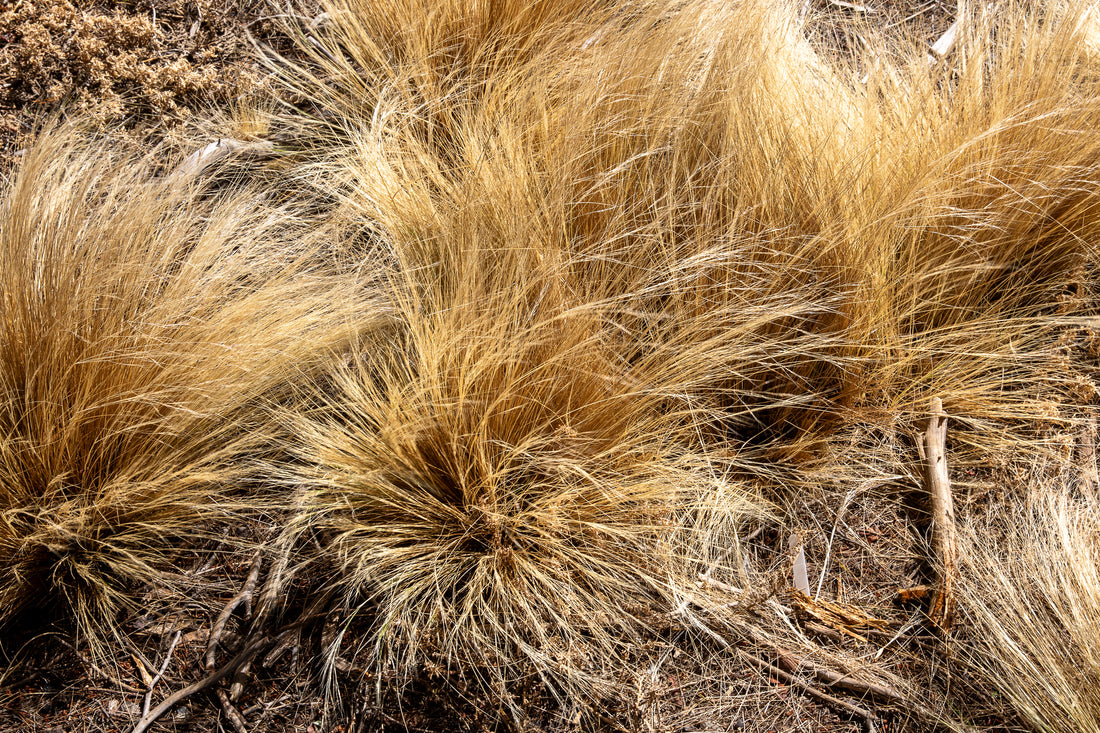
Before
After
Background
Solution
Results
The Contact Biosolutions Application Development Team under the guidance of Dr Frank Glatz has conducted several hundred spray trials validating the performance of Firehawk Bioherbicide products in a comprehensive range of settings and conditions.
Professional Weed Control
Professional Weed Control
Weeds are estimated to cost our agricultural industry close to $4.9 billion annually and can also cause poisoning and other health issues for humans, pets and farm animals. The real cost of weeds to the environment is difficult to calculate, however it is expected that the cost would be similar to, if not greater than, that estimated for agricultural industries.
FireHawk Bioherbicide can be applied in any setting including landscaping, public spaces, hobby farms, vineyards, horticulture, crop desiccation, regenerative farming, and more!
